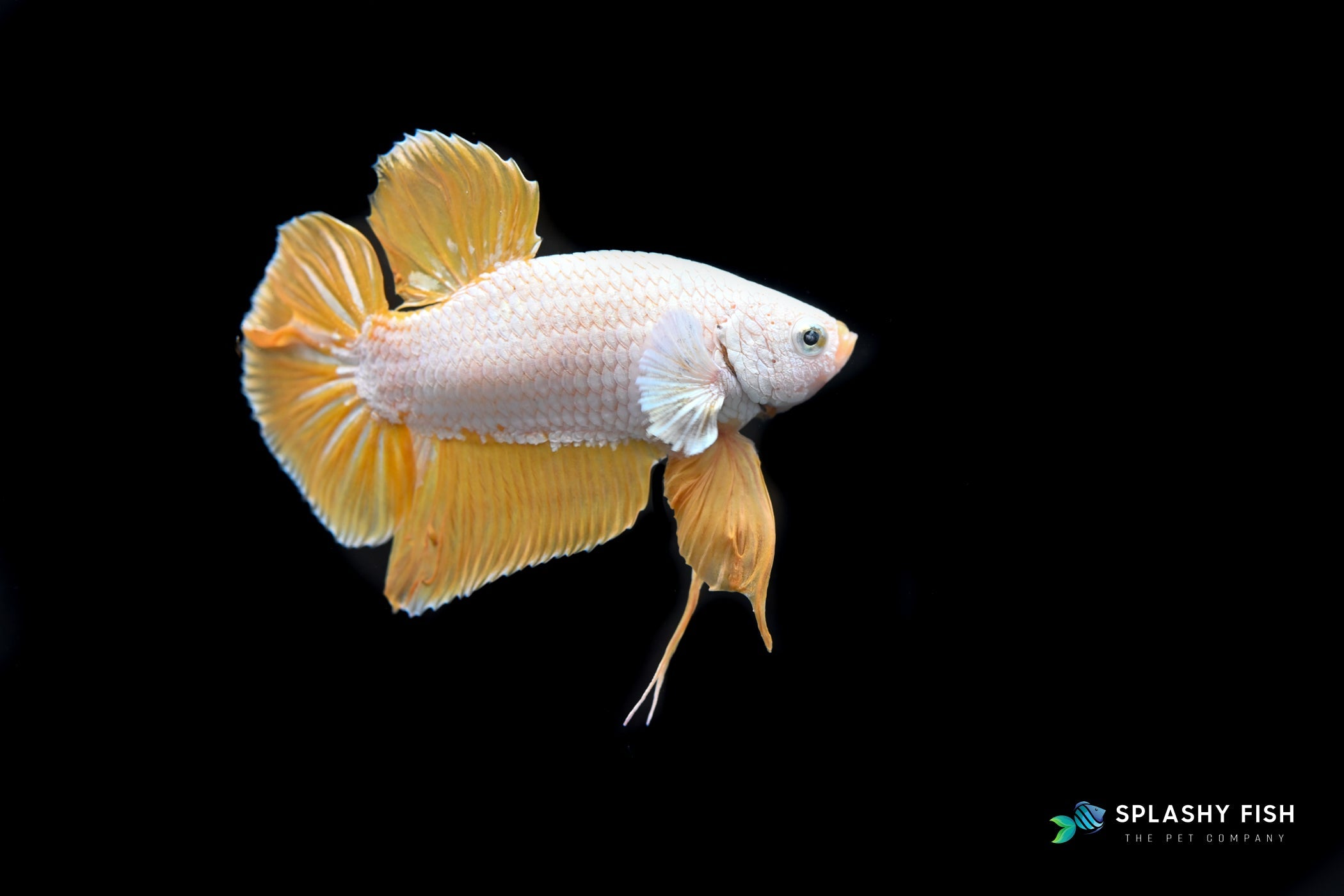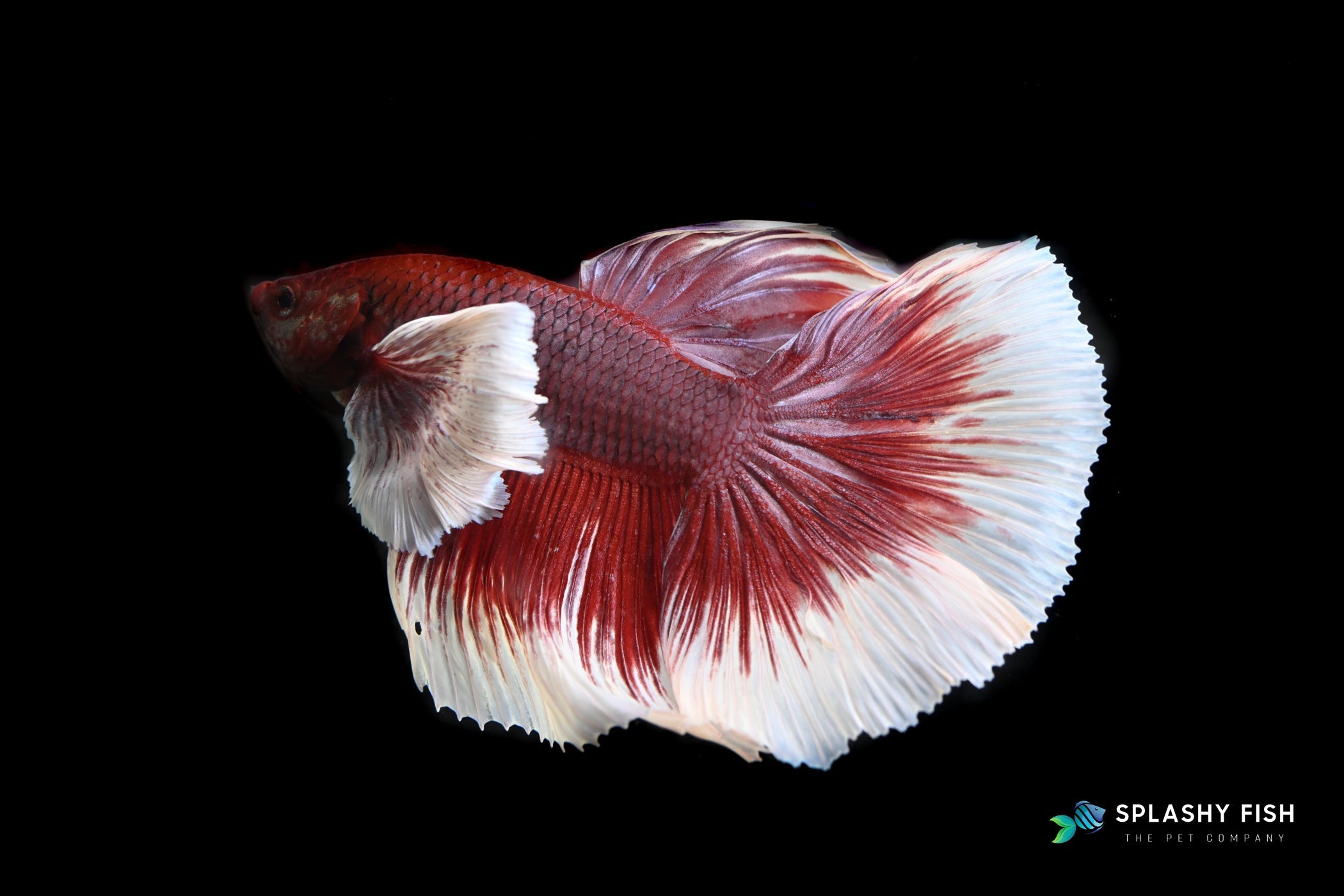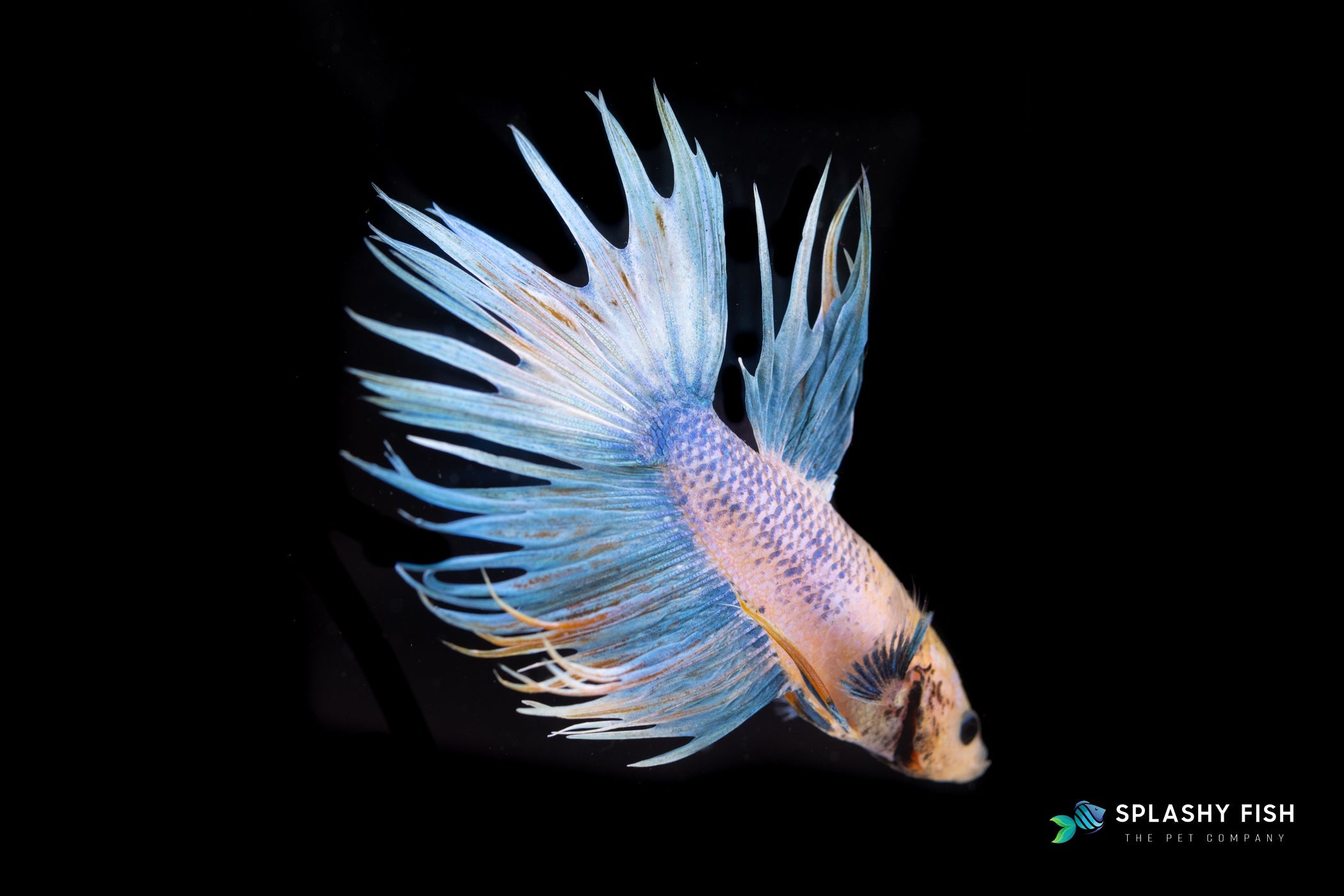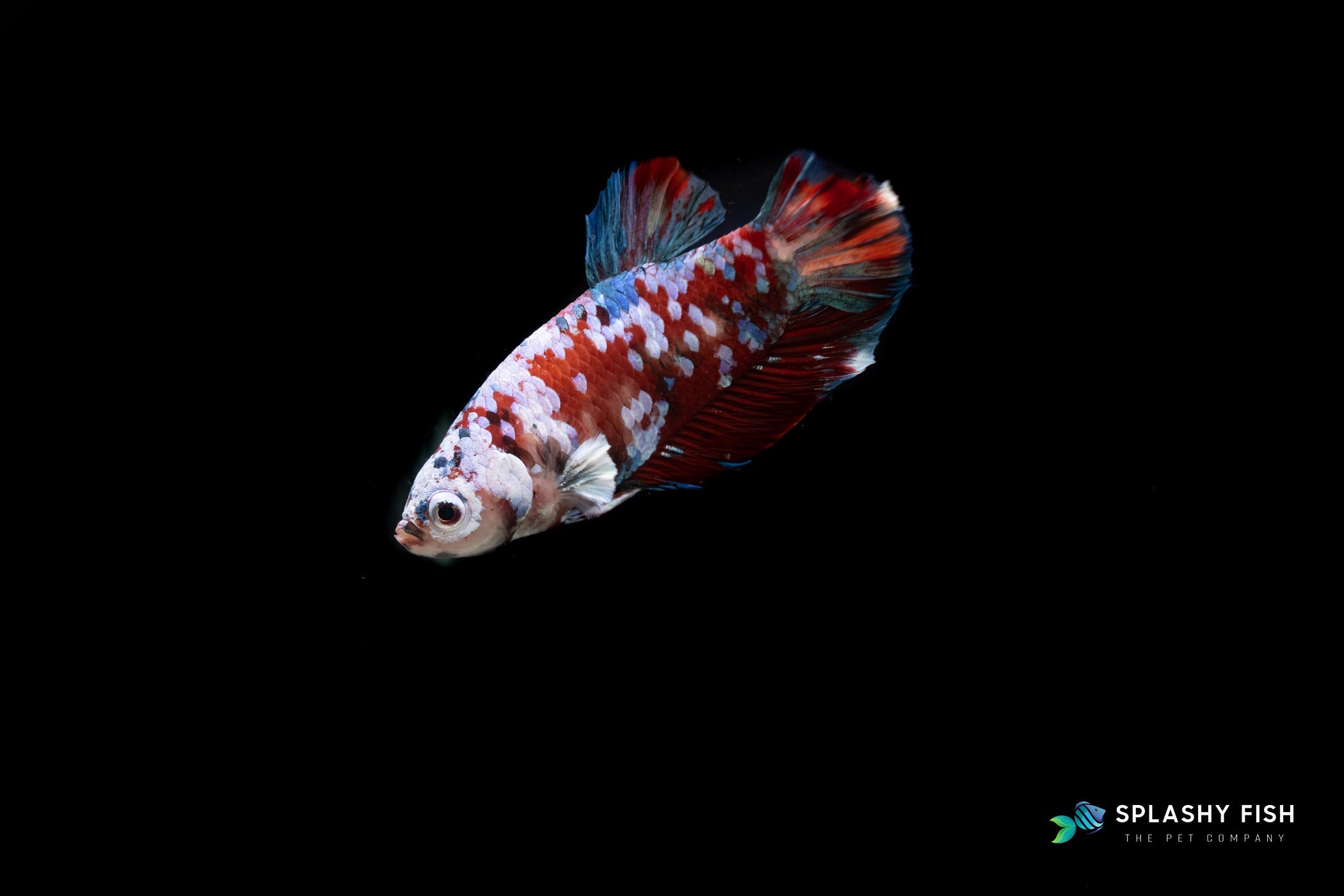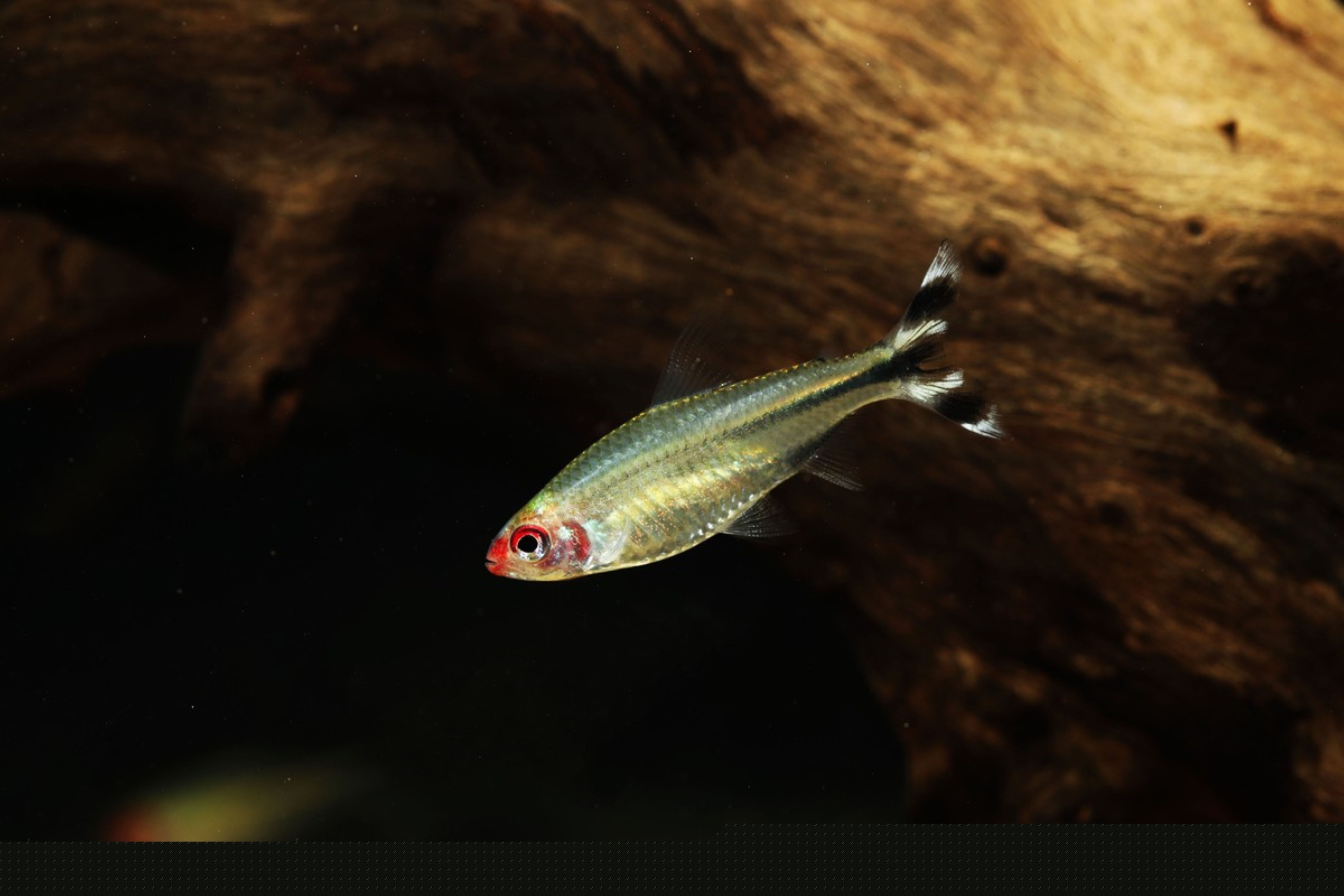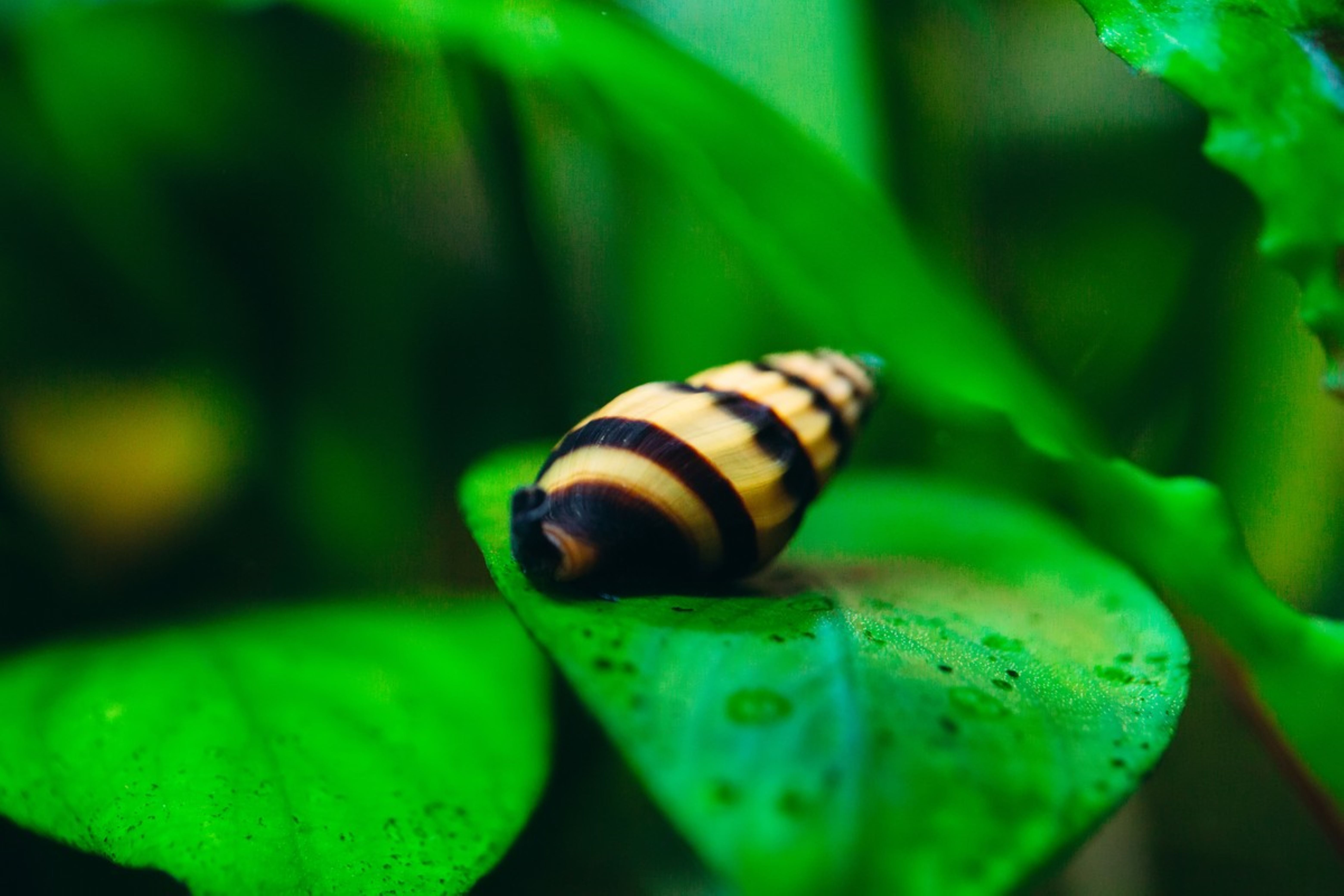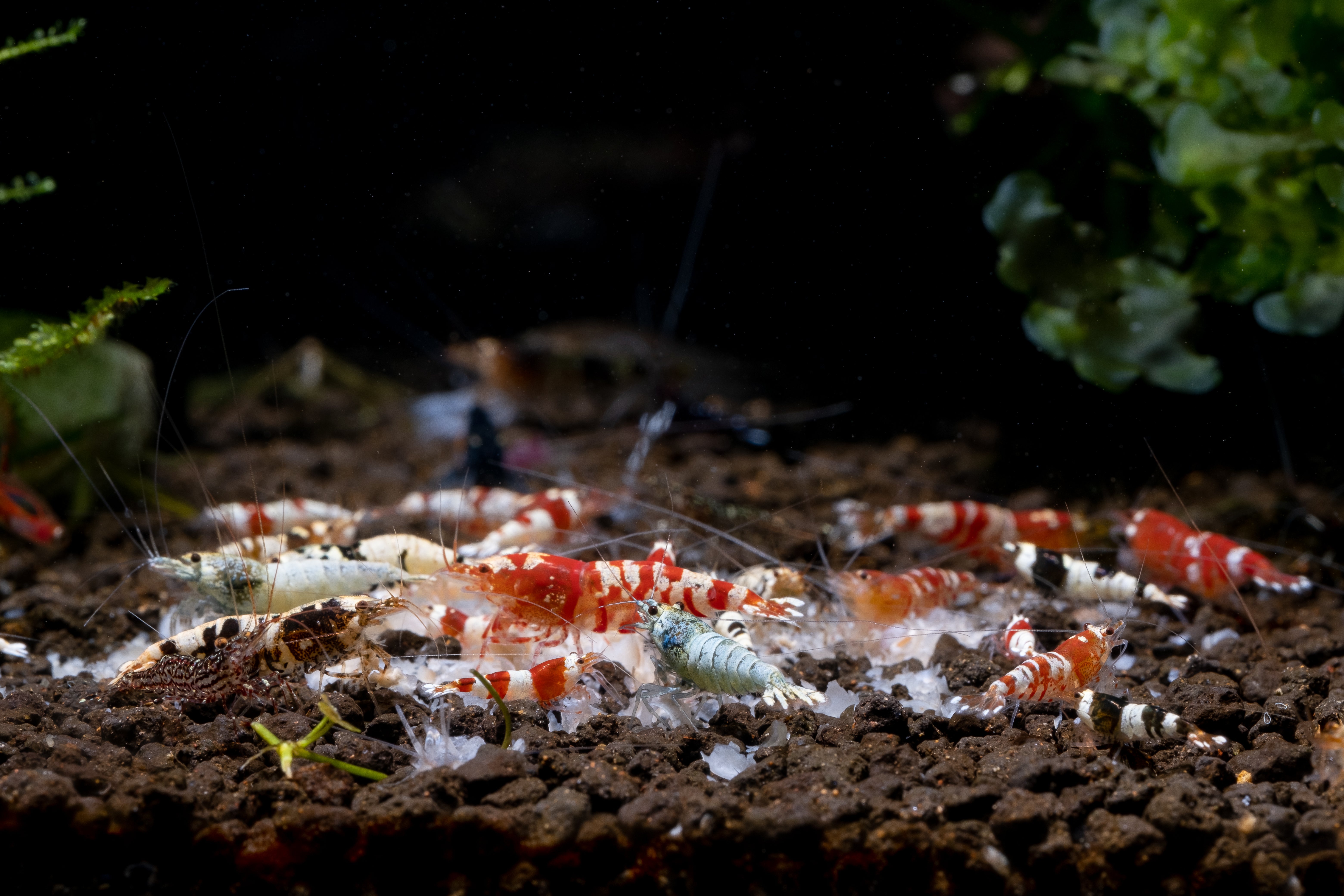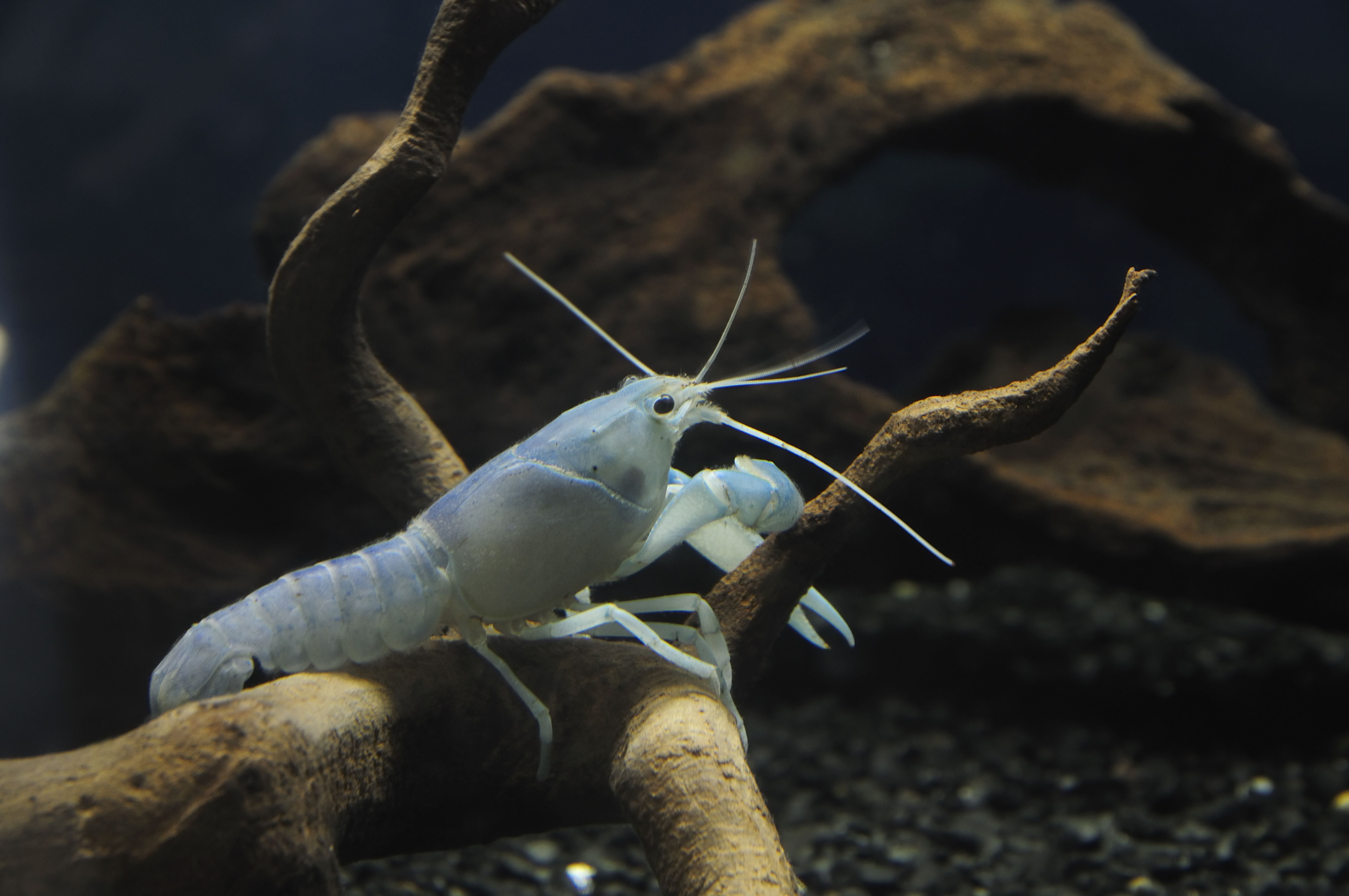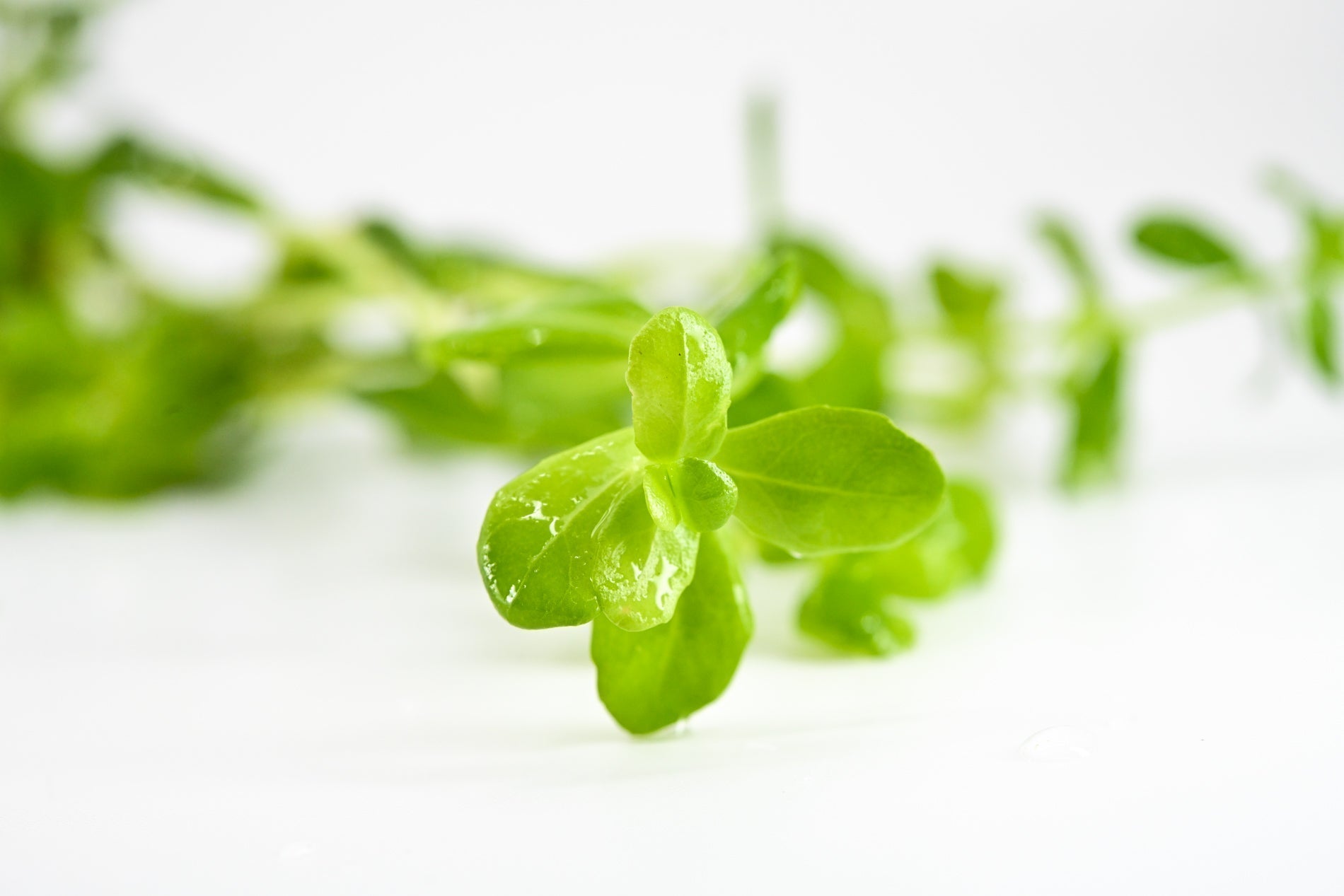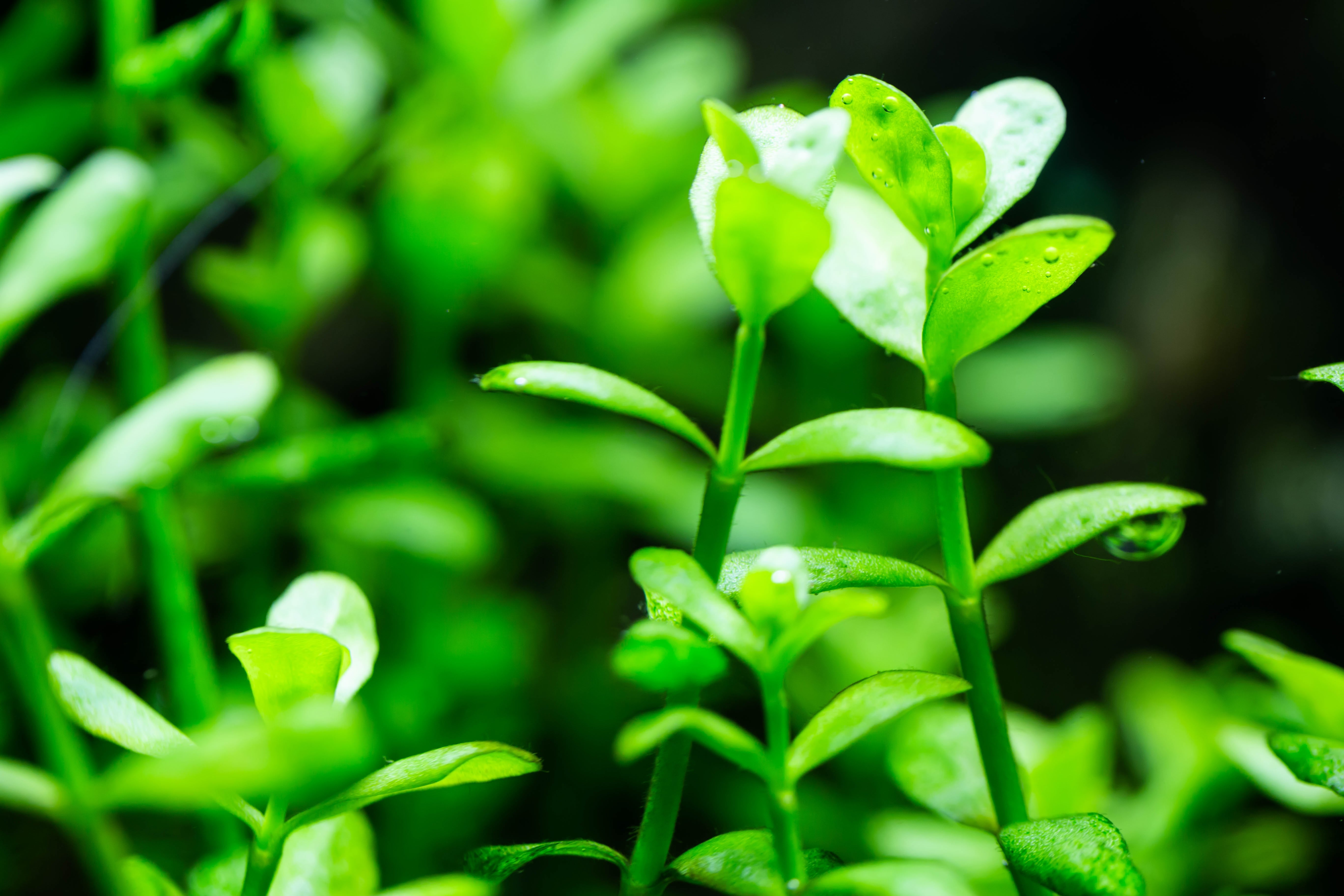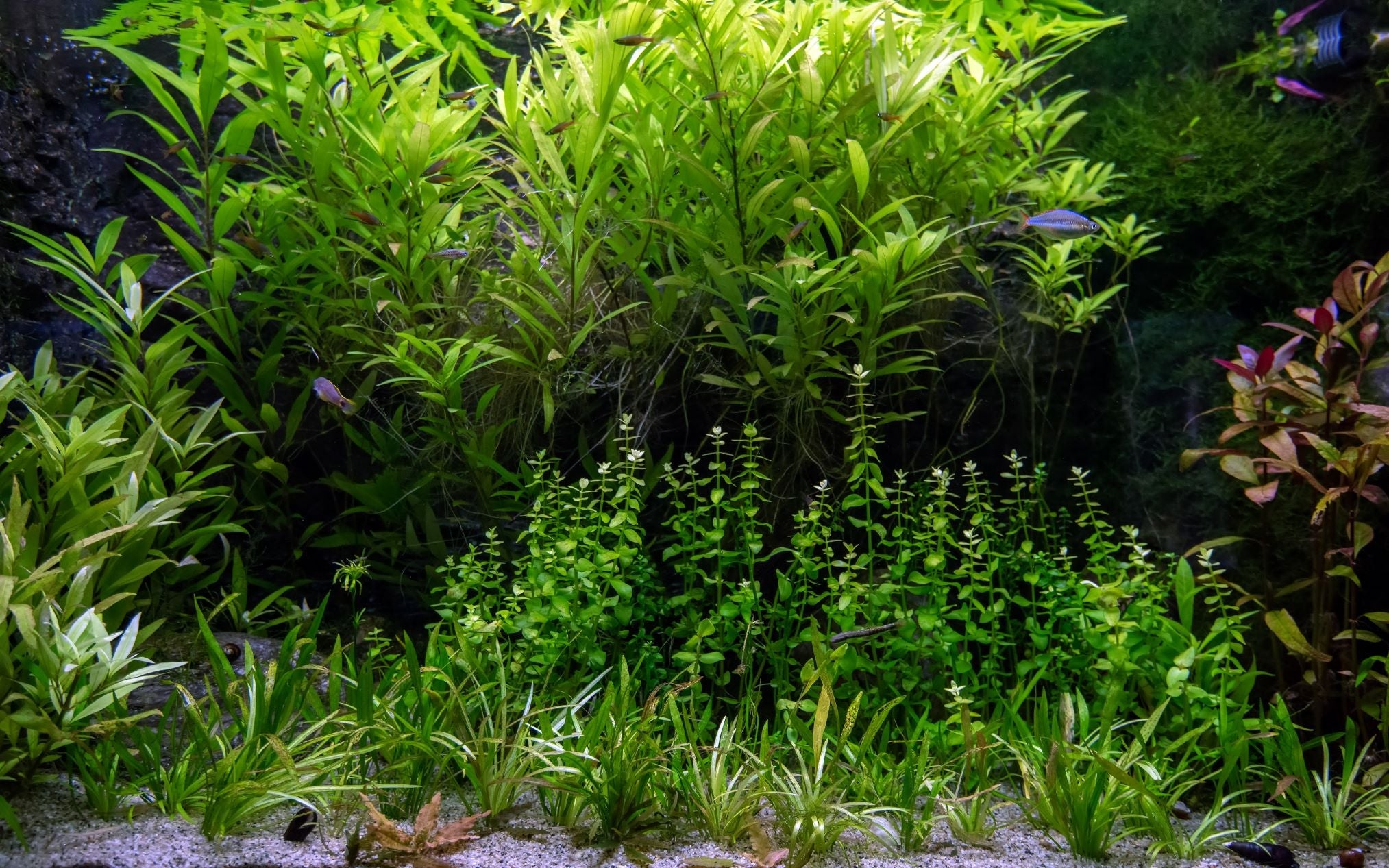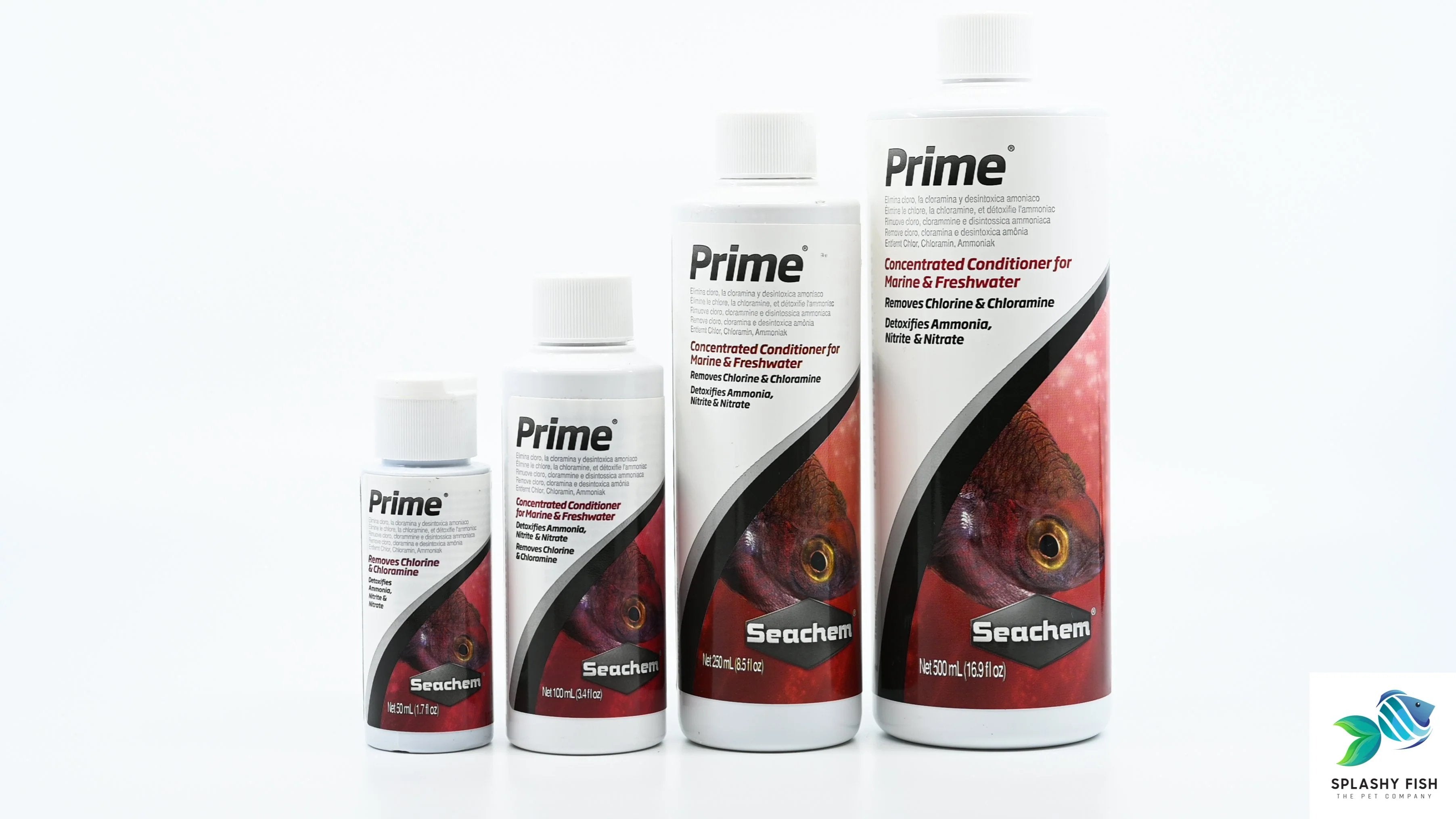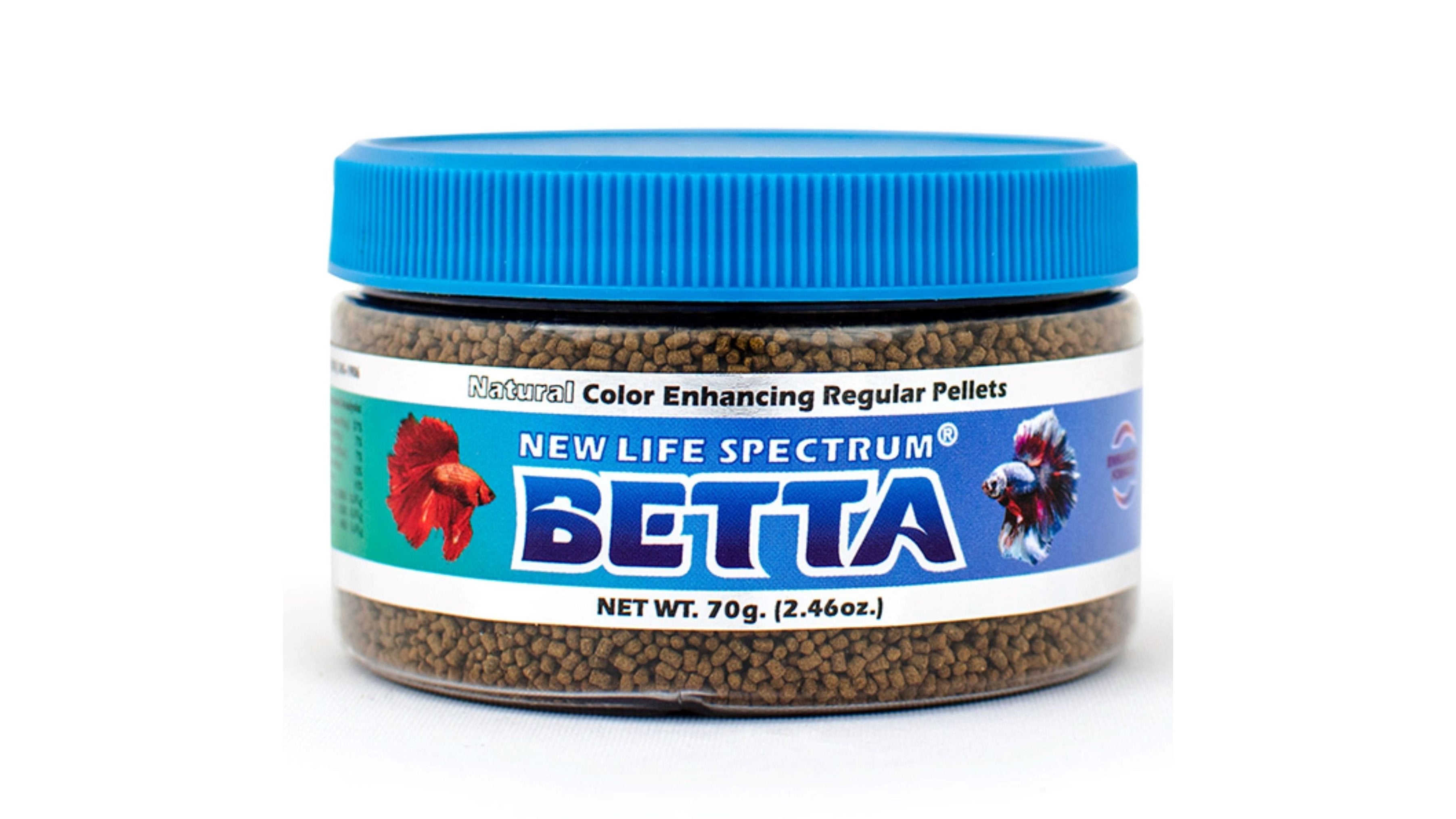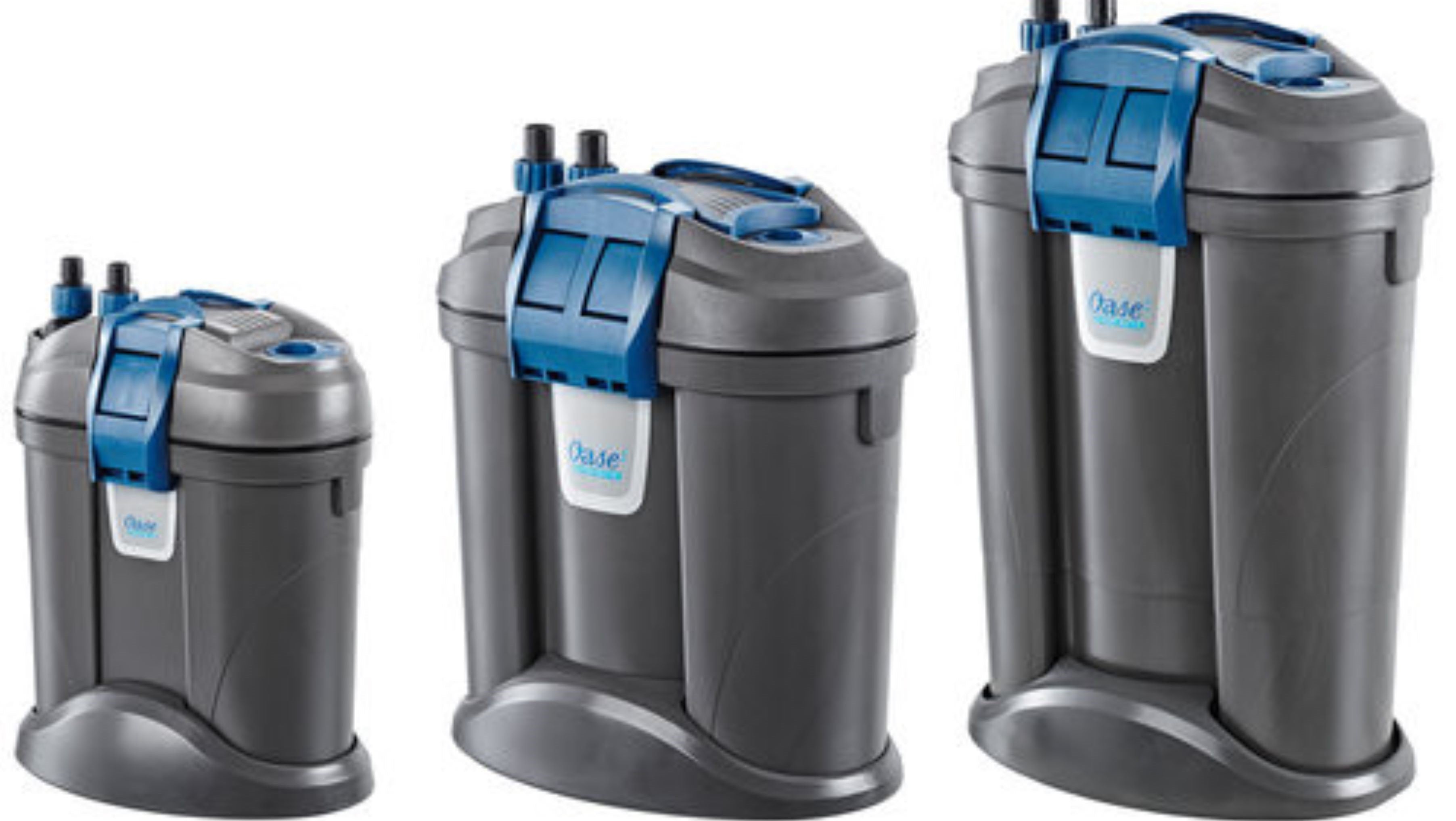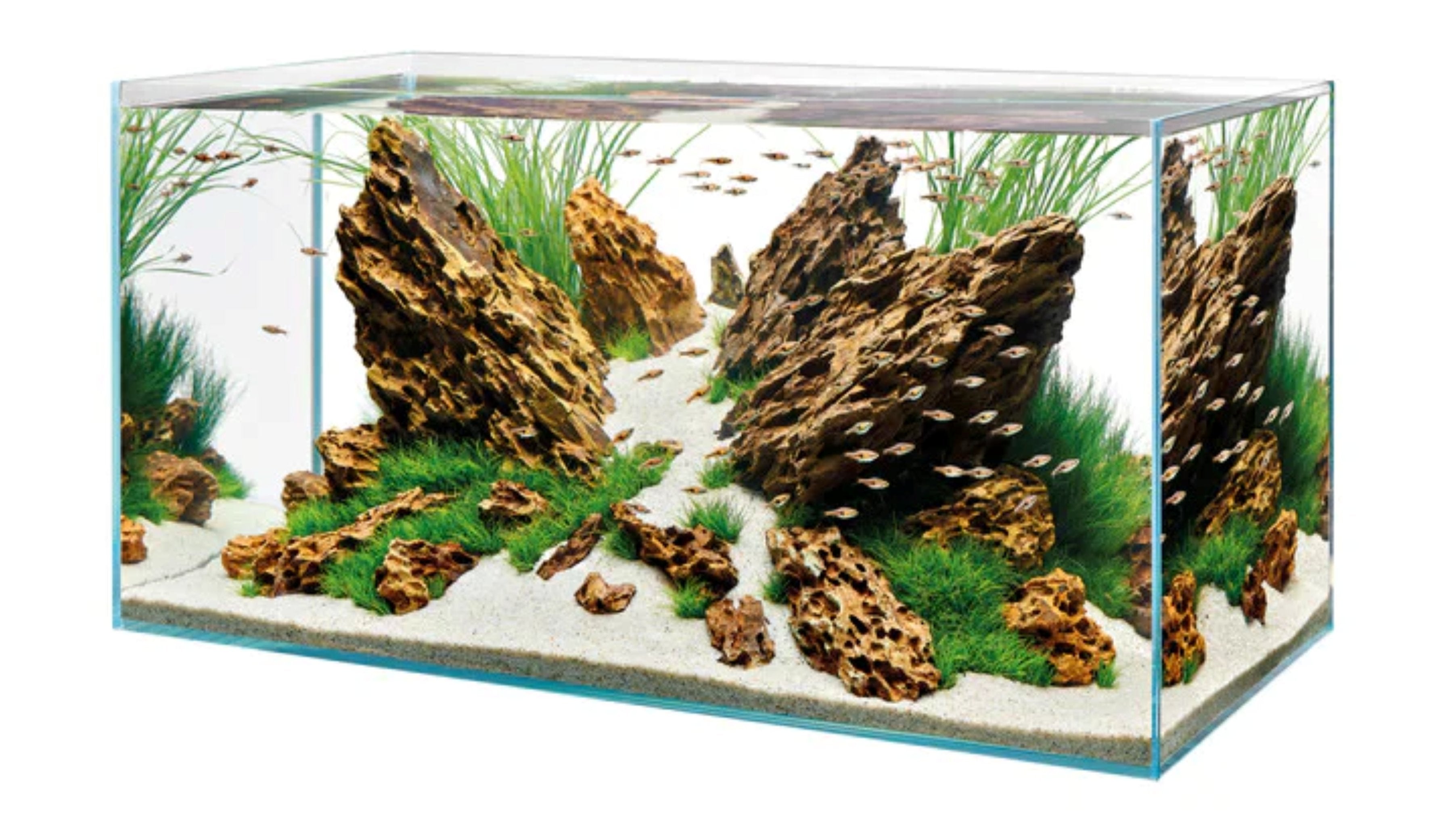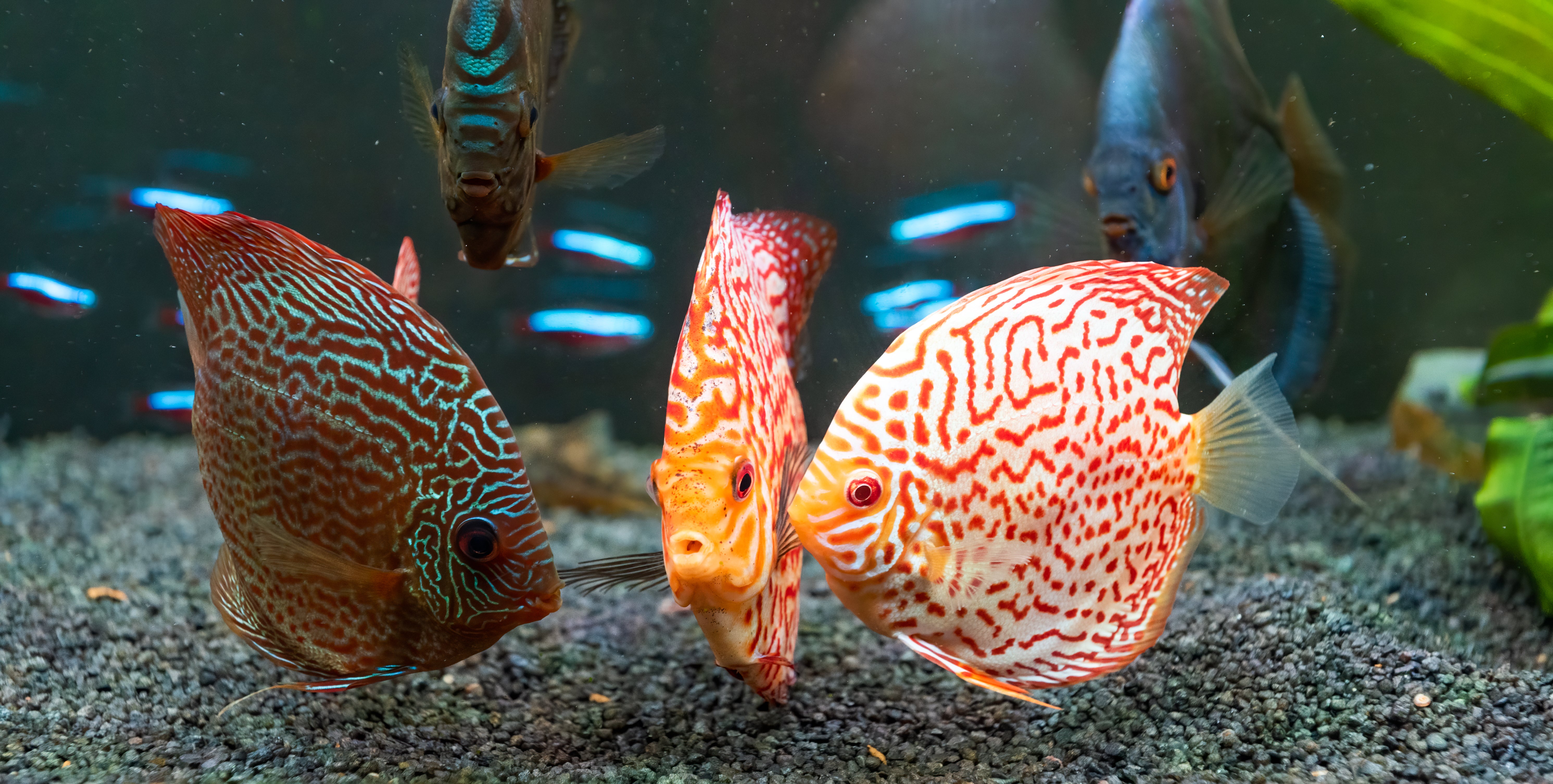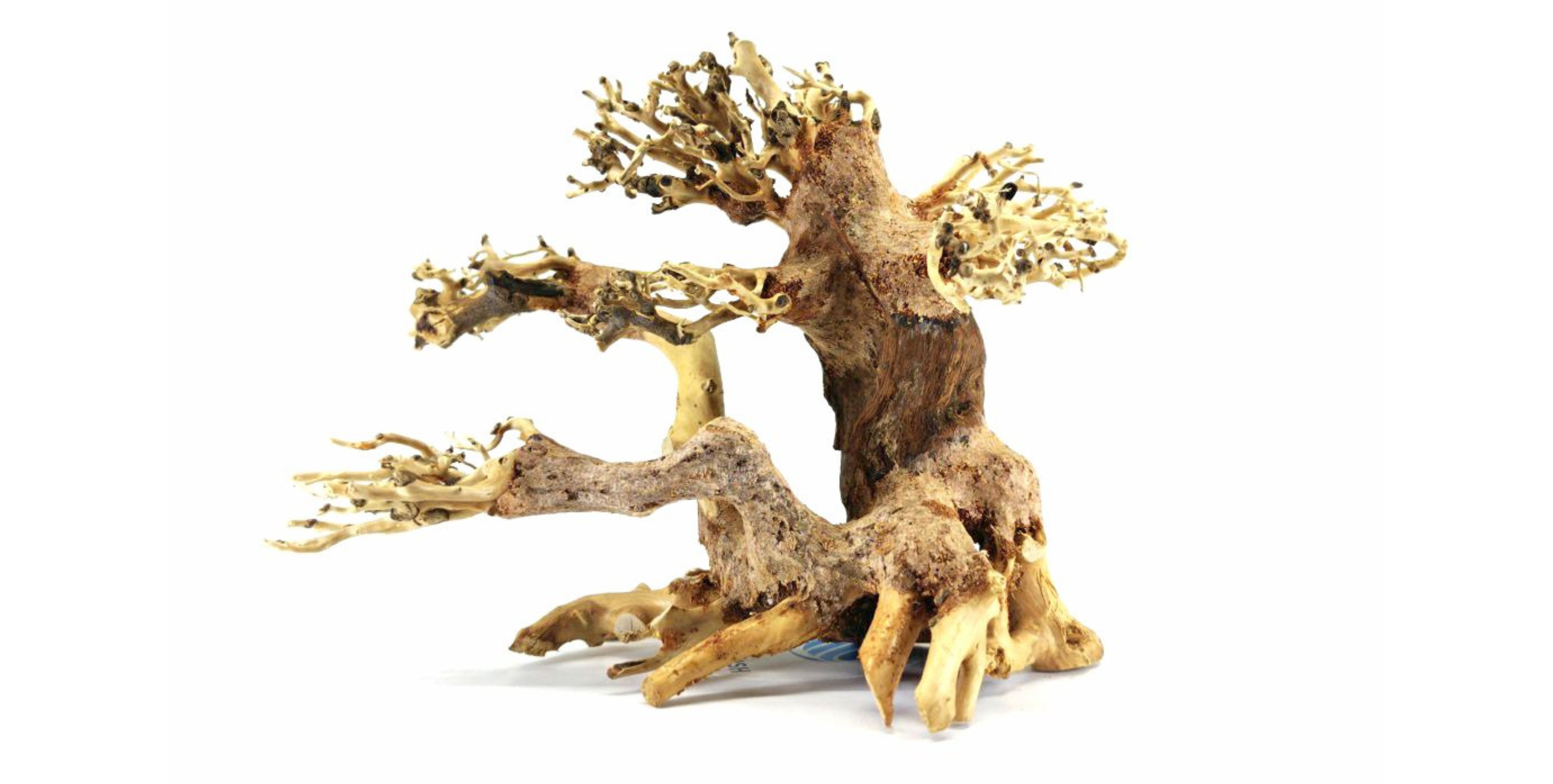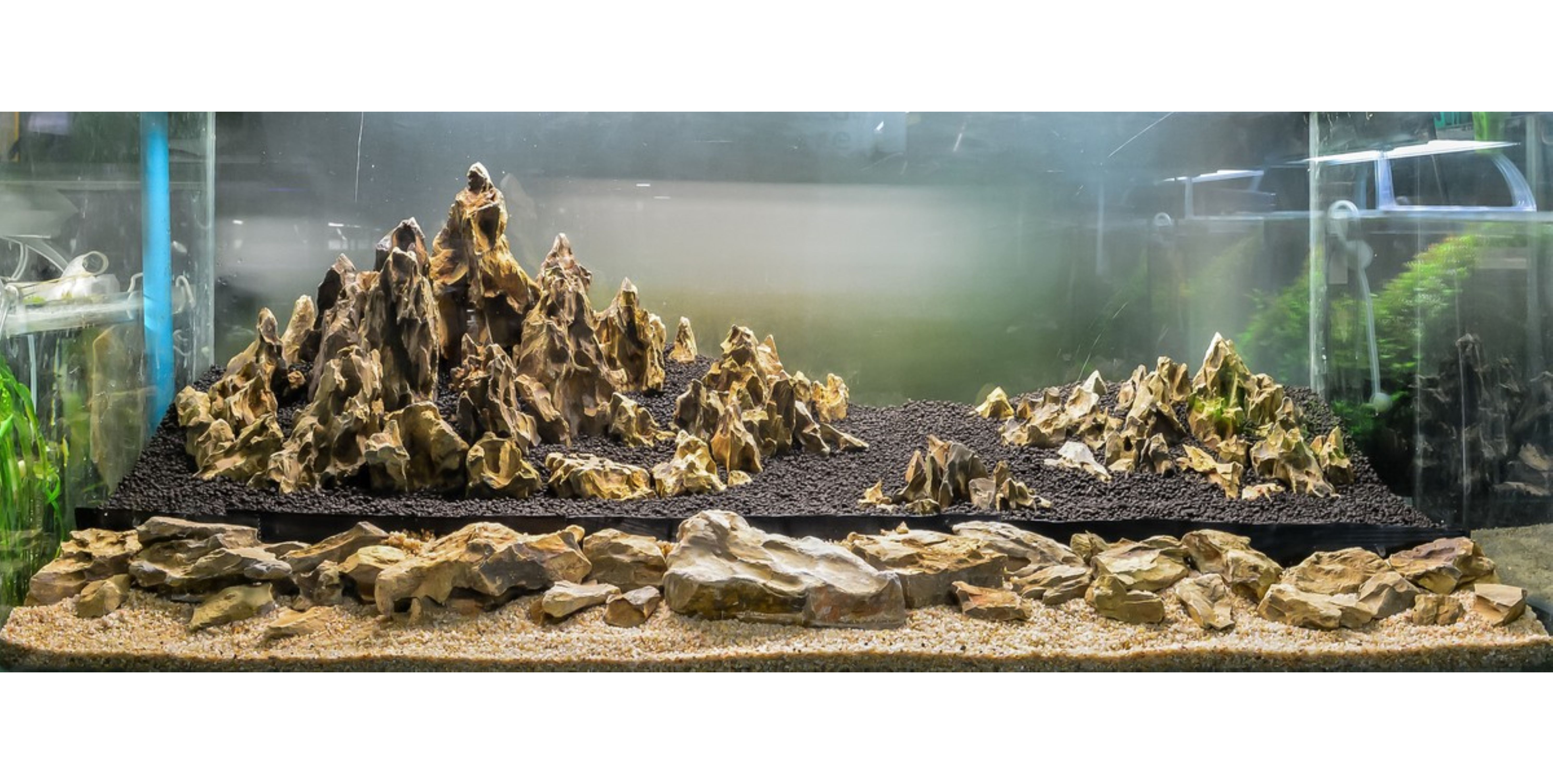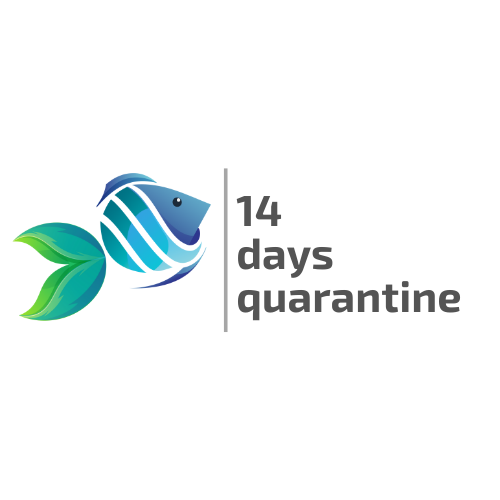Table of Contents
Mystery Snail is the most popular freshwater snail in the aquarium hobby. Not only because they are peaceful, easy to care for, and fun to observe, but because they are strong algae eaters as well. Mystery Snail for sale on Splashy Fish went through quarantine to ensure healthy and free of disease before sold to our customer.

Image of Blue Mystery Snail
Mystery Snails Overview
Commonly on the top of every list of the best freshwater snails one should have in their aquariums is Mystery Snails (scientific name: Pomacea bridgesii). They are widely known for many reasons, among others, their numerous appearances in stunning colors and patterns. Black or brown, yellow or gold, ivory or slightly gradient, or even banded to solid, this snail almost has them all. Just come across any pet store and ask for mystery snails, they may show you a world of diversity and color.

Image of Gold Mystery Snail on substrate
Fun fact: There are several theories to explain how mystery snails got their name. Of all and mostly accepted is that when mystery snails were first introduced to aquarium hobby, no one knew what kind of snail they were. Hence, they called it mystery and the name went with these snails since then.
Mystery snails have large and round shells that take up nearly the whole size of their body. Thanks to that, you may find their average dimension stays around 1 to 2 inch(es) in diameter.
Tips: The shell acts as a protective shield for the snail. Therefore, if you notice it is damaged or cracked, it is highly likely that the snail has some issues. If you buy snails directly at the store, take a few minutes to watch them carefully to avoid picking those having problems.
Wild Habitat of Mystery Snails
In wild habitat, mystery snails generally live in ponds, swamps, or rivers in Paraguay, Brazil and Bolivia. The areas are rich in dead or decomposing plants, which are the main and favorite food sources of mystery snails. With large swaying tentacles, they often settle themselves at the bottom, sensing the environment and grazing on food.
The habit somehow explains their mostly-seen behaviors in home aquariums, moving slowly on the substrate alone, and mind their own business. Indeed, they are completely peaceful and safe to keep with any live fish, shrimp, or plants. Some good companies you can consider include Tetras, Guppies, and Killifish, or, in case you prefer freshwater shrimp, Amano shrimp, Cherry shrimp, and Ghost shrimp could not be better.
Mystery snails can live alone or in groups. If you long for a snail-only tank, you can either keep them with other snails like nerite snails or just by themselves. They have little to no issues with that. However, be careful not to overcrowd your tank. As this may adversely affect the well-being of your snails (e.g., they may compete with each other for food, growth defects issues, or damaged shells, etc.).
Good to know: Unlike other tropical fish, if your snails are approached by aggressive fish, they will hide in their own shells and stand still. It is very common to see them act like that as the snails are easily startled. This means keeping them with peaceful species is very important. It will encourage them to be more active and lively.
Mystery Snails Tank Requirement
Generally, Mystery Snails do well in almost all size tanks considering their body size. Go with a 5 or 10-gallon tank if you intend to keep them with the fish community as discussed above. Or in case you want a precise estimate, follow a rule of thumb of 1 or 2 snails for every 5 gallons. The calculation allows your little snails ample space to move and graze happily on the surroundings. Further, it is worth noting that your aquarium needs to be covered with a tight lid. Mystery snails tend to crawl out of the water sometimes, especially when food is scarce. To ensure they stay in the aquarium, a tight lid is indispensable.
Another factor that cannot be missed when you imitate their wild habitat is live aquatic plants. Hardly any snail resists it and mystery snails are no exception. Adding aquarium plants ‘kills two birds with one stone’. Doing so not only provides them with natural food but makes your tank look nice as well. You can try some hardy species such as Java Fern, Java Moss, Marimo Moss Balls, and Hornwort. Or other aquatic plants that have a similar disposition to you. Since mystery snails may occasionally munch on leaves, the hardiness helps your plants tolerate such behavior. Moreover, a heavily planted tank will increase the oxygen level in the water, which benefits your mystery snails very well.
(Image of Ivory Mystery Snail)
Mystery Snails Water Parameters
When it comes to water conditions, there are two important notes you have to learn by heart: keeping the pH range in high levels and no copper found in the tank water. High pH levels favor the shell’s texture of your snails while copper causes harmful reactions in them. Ideally, mystery snails would joyfully live in the environment with the following specifications:
- Temperature range: 68° - 84°F (20° - 29°C)
- GH: 8-18 dGH
- KH: 12-18 dKH
- pH: 7.6 – 8.4
Maintaining the parameters stable is crucial to ensure your snails are healthy and won’t suffer unnecessary illness. In addition, make sure you treat water with aquarium chemical instead of tap water when performing a water change. As tap water may contain copper, the harmful substance to your snails. Testing water regularly (using an accurate testing kit) is highly encouraged to further ensure the water quality is under control.
It is not hard to notice mystery snails thrive when being kept in a well-cared-for environment. You will see they are more active and occasionally exhibit some interesting behaviors, like ‘climbing’ to the top of the tank just for a free fall to the bottom, or gliding a short distance then standing still waving the tentacles. Nonetheless, most of their time is spent searching for food and they are really excited about that.
Diet for Mystery Snails
Algae and plant matters are their main diets. That is why you’ve always heard the advice that keeping mystery snails is an effective way to clear off irritating algae in aquariums. However, this does not mean they will depreciate other types of fish food. Biofilm, fish pellets, algae wafers, zucchini, kale, spinach, or cucumber are all acceptable to them. If they don’t feel full with what you provided, they’ll turn to the live plants nearby and start munching them. Thus, make sure you give them abundant food to prevent this happening. Your mystery snails may be slow but with a wonderful ability of sensing, they will rush toward food as soon as you drop them in.
Good to know: Although the snails can control algae, it does not mean you should not clean your aquarium regularly. When snails move and graze, they leave “tire tread” behind, which is produced during their use of radula to scrape the glass and remove algae.
While caring for their nutrition, don’t forget to care for the shell they carry on their back. Occasionally adding a decent amount of calcium in water will help maintain their shell in strong and healthy conditions. To do so, you can either feed your snails food rich in calcium or floating a cuttle bone in the water, or using supplements.
Also, you should keep an eye on pH level in the water. Low levels of pH could dissolve the calcium carbonate shell which makes it thinner or easier to crack.
Mystery Snails Breeding
Mystery snails are easy to breed. You do not need to prepare anything particularly to make this occur. When the time comes, a male and a female will naturally pair with each other. Mystery snails lay eggs. Each breeding, the female may lay multiple clutches of eggs around the tank, each of which could produce 20-40 healthy adults after 2-4 weeks. Baby snails, once appeared, will then slide down to the bottom and begin their lives, feeding on the similar food as their parents.
Some fishkeepers do not encourage their breedings as they fear the number may overpopulate their aquarium. If you feel the same, simply remove their eggs to keep the quantity of your snails under control. These eggs will be yellow, pink, or white in color and easy to spot in humid areas above the water level. Since they take quite a long time to hatch, you can clear them off in no hurry.
Conclusion
We find no excuses not to keep these little cute snails. If you feel the same, visit our Splashy Fish Store in Virginia to find what surprise is waiting for you. Here we supply a wide range of mystery snails which come from reliable sources. We further guarantee that all of our mystery snails will go through the quarantine process for a period of 14-day before sale. We care about the quality and strive to provide you the best we can.
FAQs
What can I feed my Mystery Snails?
Mystery Snails thrive on a varied diet that includes algae, biofilm, and leftover fish food in your aquarium. You can supplement their diet with blanched vegetables like zucchini, spinach, or cucumber. Commercial snail pellets, algae wafers, and calcium-rich foods are also excellent for ensuring healthy shell growth. Feeding them once a day or every other day will help maintain their nutritional needs.
Do Mystery Snails eat plants?
Mystery Snails typically do not eat healthy, live plants. They prefer feeding on algae, decaying plant matter, and uneaten food in the tank. However, they might nibble on plants if there is insufficient food. To prevent this, ensure they have enough algae or supplemental food like vegetables and algae wafers.
Do Mystery Snails need a filter?
Yes, a filter is recommended for a Mystery Snail tank. Filters help maintain clean, oxygenated water, which is crucial for the health of your snails. They contribute to stable water parameters by removing waste and preventing harmful ammonia and nitrite buildup. A gentle filtration system works best to avoid strong currents that could disturb the snails.


